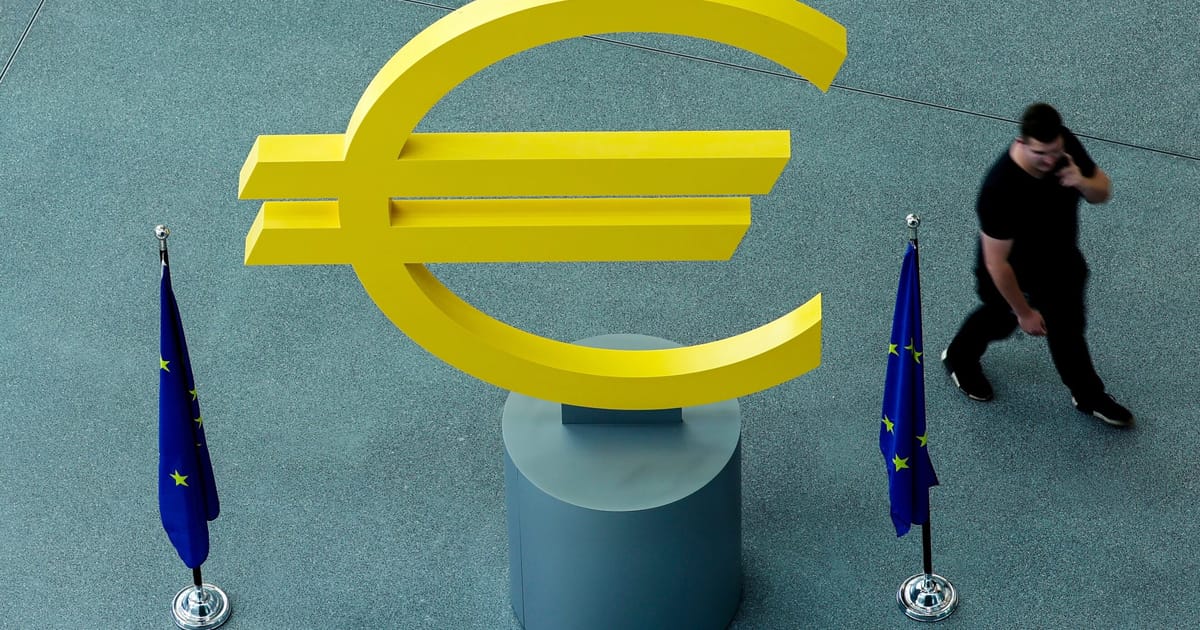

In a measured response to ongoing economic challenges, the European Central Bank (ECB) has opted to maintain its current interest rates. This decision comes in light of what has been described as an “exceptionally uncertain” global environment, fueled by existing trade tensions and tariffs between key worldwide economies, notably those involving the United States.
The ECB’s choice to hold interest rates steady reflects a cautious approach to navigating these uncertain times, particularly as the economic climate is marked by low inflation and steady, albeit sluggish, growth across the eurozone. The bank’s main interest rate remains at 2%, while the deposit rate is consistent at 2.15%. This decision aligns with market expectations that anticipate further adjustments to borrowing costs later in the year, should the economic indicators necessitate such actions. ECB officials have emphasized the importance of stability and clarity before making significant policy changes, drawing attention to the complexities introduced by trade disputes.
Meanwhile, the European Union’s recent trade negotiations with the United States highlight the challenges imposed by trade policies. Efforts to mitigate the impact of a steep 50% tariff on steel imports from the EU have thus far been unsuccessful. This tariff, a remnant of policies instituted under former U.S. President Donald Trump, poses a significant burden on European steel exporters, putting them at a competitive disadvantage compared to their counterparts in the UK, who face lower tariff rates. Industry representatives have voiced concerns about the severe repercussions these tariffs may have, citing high energy costs and competitive pressures from markets like China.
In related economic developments, challenges are also evident in the automotive sector, particularly affecting electric vehicle sales. Tesla, a leading electric car manufacturer, has experienced a notable decline in its European sales. Data from the first half of 2025 shows a 33% drop in Tesla’s European vehicle sales, totaling 110,000 units compared to 165,000 units during the same period in the previous year. CEO Elon Musk has acknowledged the anticipated difficulties ahead, forecasting “rough quarters” as the company works to regain its traction in European markets.
Such developments underscore the interconnected nature of today’s global trade and economic environment. The ECB’s deliberate pause amidst this backdrop suggests a careful assessment of external pressures while striving to foster stability within the eurozone. As the dialogue surrounding tariffs and economic policy continues to evolve, the focus remains firmly on creating conditions that support resilience and sustainable growth.
In conclusion, these interwoven economic narratives highlight the delicate balance that policymakers and business leaders must maintain in navigating global complexities. The emphasis on stability and strategic foresight will likely continue as core themes as Europe addresses these challenges head-on.
Source: {link}
